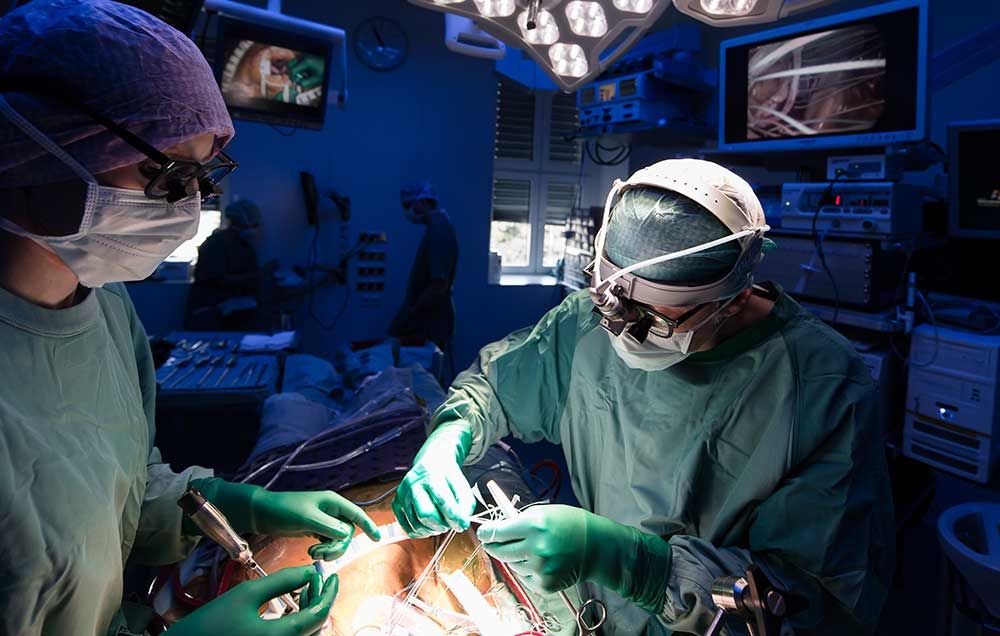new improvements in the field of cardiology

Cardiology is a medical specialty that deals with the diagnosis and treatment of disorders of the heart and blood vessels. It involves the study of the anatomy, physiology, and pathophysiology of the cardiovascular system, as well as the use of diagnostic and therapeutic procedures for the care of patients with heart and vascular conditions. Cardiologists are medical doctors who have specialized training in the management of heart and blood vessel diseases.
There have been several new improvements in the field of cardiology in recent years, including:
- Non-Invasive Cardiac Imaging Techniques: Advanced imaging techniques such as Computed Tomography (CT) Angiography and Magnetic Resonance Imaging (MRI) have become increasingly important in the diagnosis and treatment of cardiovascular diseases.
- Minimally Invasive Cardiac Procedures: New minimally invasive procedures such as transcatheter aortic valve replacement (TAVR) and percutaneous coronary intervention (PCI) have reduced the risk and recovery time associated with traditional open-heart surgeries.
- Advances in Stenting Technology: Newer generation stents have improved outcomes and reduced complications for patients undergoing PCI procedures.
- New Anticoagulants and Antiplatelet Agents: The development of new anticoagulants and antiplatelet agents has improved the management of patients with atrial fibrillation, acute coronary syndrome, and other cardiovascular diseases.
- Telemedicine in Cardiology: The use of telemedicine has increased in recent years, allowing remote patient monitoring and virtual consultations, reducing the need for in-person visits and improving access to care for patients in remote or underserved areas.

